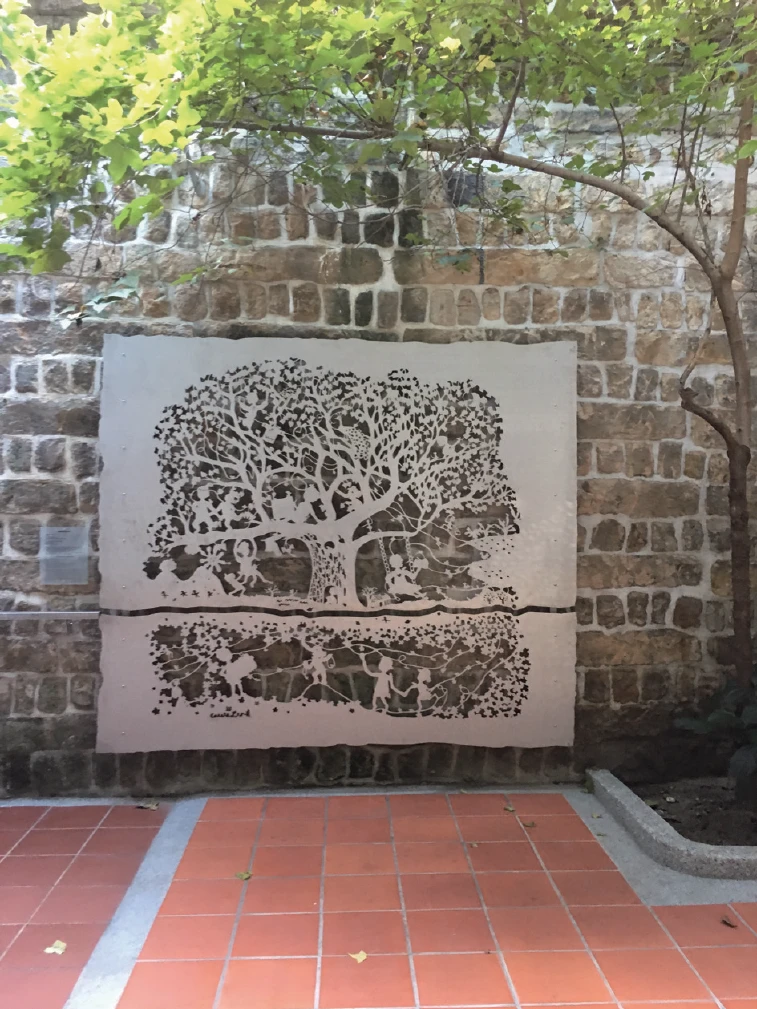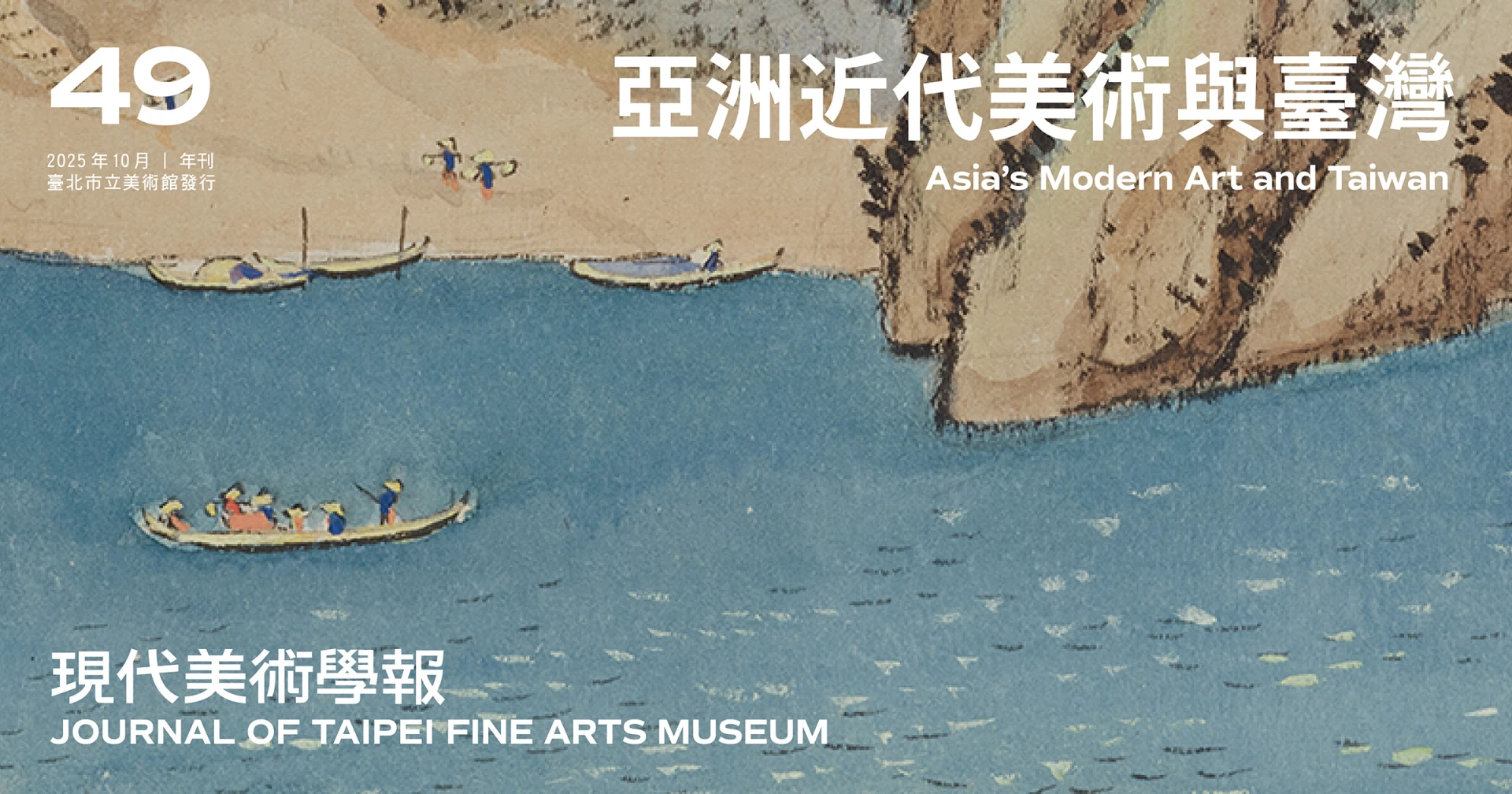摘要
象設計集團在1980年代中期進入宜蘭,參與冬山河親水公園、宜蘭縣政大樓等建築設計,其設計上對於在地的風土地景、材料等對1990年代的宜蘭建築的地域性思考造成廣泛的影響。在「地域」的架構下「傳統」的指涉更為多元,「地域」的概念也讓建築師跳脫過往利用「傳統建築」進行空間與建築形式操作,吾人以為這形成一種地域性傳統。
地域性傳統強調以地域的特質替代歷史傳承來作為建築文化的自明性,而替代並非是抹除,而是將其隱含其中而形成的傳統。師承吉阪隆正,象集團利用吉阪隆正的「有形學」理論與設計實踐,透過田野調查的方法建構對於宜蘭地域上習俗與生活的認識論,並與設計操作形成互為文本的關係。最終反映在冬山河親水公園與宜蘭縣政大樓的建築設計上。
透過對於吉阪隆正,以及象集團在宜蘭的建築設計的理解,吾人以為因其發展背景與理論架構之建立,不易放入西方建築歷史中關於「地域主義」、「風土主義」或是「批判的地域主義」的脈絡下理解,而是在人、地域、構造物三者關係間所產生的現代建築形態與地域生活互為文本的關係下所形成的整體。而這是一個由他者所揉雜出的、複調的地域性傳統。
關鍵詞
象設計集團、宜蘭、地域性傳統、互文性、他者
Abstract
Atelier Zo was invited to design Tungshan River Water Front Project and District Administration Complex in Yilan in the middle 1980's. Their designs had fundamental impacts on considerations of regional architecture there in terms of concerns of local landscape and usages of materials. In the name of region, the reference of tradition was more diverse, and the idea of region enabled architects to get rid of the way that traditional space and architecture forms had been adapted in designs. I believe that this can be considered as the regionality of tradition.
The regionality of tradition emphasizes the replacement of historical inheritance by regional characters as a way of representing the identity of architecture. Atelier Zo appropriated their professor TAKAMASA Yosizaka's theories of architecture and practices of design to constructed their epistemology of customs and life in Yilan by fieldworks. This results in an inter-textuality between their understanding of Yilan and their design projects. This eventually reflected in projects of Tungshan River Water Front Project and District Administration Complex.
It is through TAKAMASA's theories and Atelier Zo's projects, we must know the fact that it is not easy to understand Atelier Zo's works within western contexts such as regionalism, vernacularism and critical regionalism because of different historical backgrounds. Atelier Zo's works rather considered people, region, and
modern architectural form as an indivisible whole. This actually is a hybrid and double-voiced regionality of tradition formulated by the other.
Keywords
Atelier Zo, Yilan, Tradition, the Regionality of Tradition, Inter-textuality, the Other






.webp)